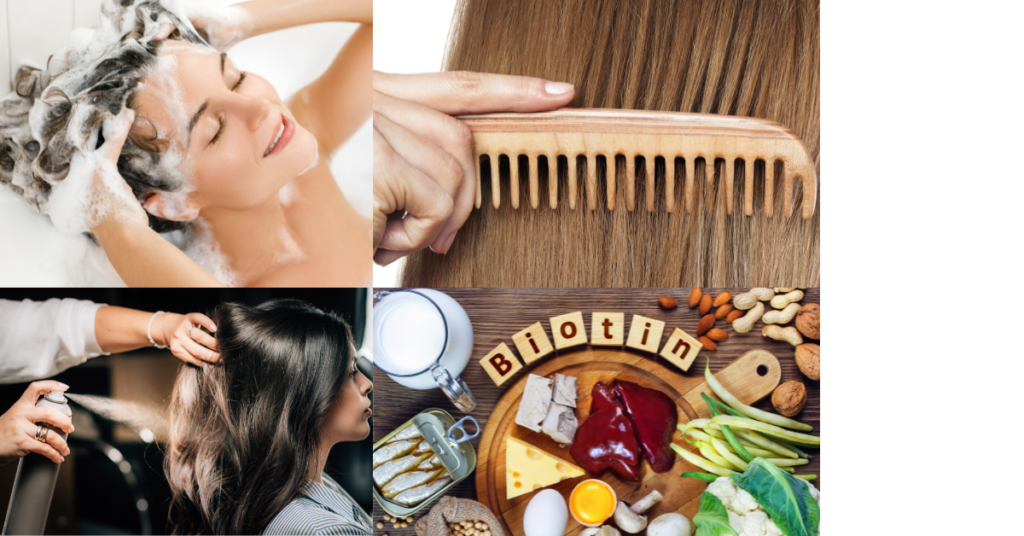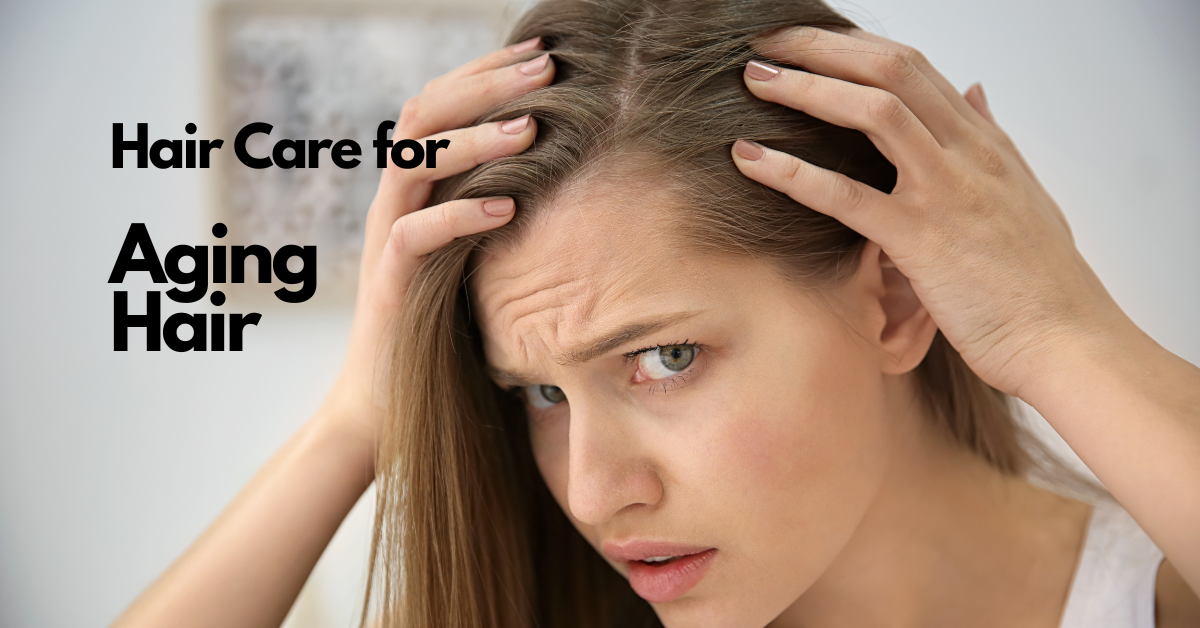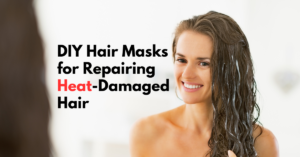Most individuals experience changes in their hair as they age, with common concerns such as thinning and fragile strands becoming more prevalent. Understanding the causes of these hair issues and implementing effective solutions is crucial in maintaining healthy and vibrant hair. In this blog post, we will explore various techniques and products tailored specifically for aging hair, helping you address thinning and fragile strands with confidence and ease. By incorporating these tips into your hair care routine, you can nourish and strengthen your hair, promoting resilience and vitality even as you age.
Understanding Aging Hair
Causes of Hair Thinning and Fragility
Any number of factors can contribute to the thinning and fragility of aging hair. As we age, our hair follicles can shrink and produce thinner strands of hair. Additionally, reduced blood flow to the scalp, hormonal changes, and nutritional deficiencies can all play a role in the weakening of hair, leading to breakage and thinning over time.
The Role of Hormones and Genetics
The production of hormones like estrogen and testosterone can significantly impact the health and thickness of our hair. Genetics also play a crucial role in determining our hair quality as we age. Genetic predispositions to conditions like Androgenetic Alopecia can lead to hair thinning and fragility, making it important to understand these underlying factors to effectively address hair health concerns.
Another key hormone to consider is dihydrotestosterone (DHT), which is a byproduct of testosterone and has been linked to hair loss in both men and women. DHT can bind to hair follicles, causing them to shrink and produce finer hair strands, ultimately leading to hair thinning and fragility over time.
Daily Hair Care Techniques
Gentle Cleansing Practices
One imperative aspect of caring for aging hair is adopting gentle cleansing practices that are less harsh on thinning and fragile strands. Using a sulfate-free shampoo and lukewarm water can help prevent further damage and breakage.
Be sure to massage your scalp gently to improve blood circulation, but avoid vigorous rubbing that can stress delicate hair follicles.
Hydration and Nourishment Tips
Any effective daily hair care routine for aging hair should include adequate hydration and nourishment.
Opt for a moisturizing conditioner or hair mask to replenish lost moisture and nutrients.
Consider incorporating natural oils like argan or coconut oil into your hair care regimen to provide an extra boost of hydration and nourishment.
- Use a wide-tooth comb to detangle wet hair gently to avoid breakage.
- Invest in a silk or satin pillowcase to reduce friction and minimize hair damage while sleeping.
- Consider incorporating a scalp massage with imperative oils to stimulate hair growth and improve overall scalp health.
Perceiving your hair’s specific needs and adjusting your hydration and nourishment routine accordingly is crucial for maintaining healthy and vibrant aging hair.
Advanced Hair Care Treatments
Thickening Products
| Product | Function |
| Volumizing Shampoos | These shampoos contain ingredients that coat the hair shaft, making it appear thicker and fuller. |
| Root-Lifting Sprays | These sprays add volume to the roots, lifting the hair to create a voluminous look. |
Thickening Products and How They Work
Treatments to improve the appearance of thinning hair often include the use of thickening products.
These products work by coating the hair shaft or adding volume to the roots, giving the hair a thicker and fuller appearance.
Volumizing shampoos and root-lifting sprays are popular choices for achieving the desired look.
When to Consider Professional Interventions
When dealing with severe hair thinning or loss, it may be time to consider professional interventions.
Professional treatments such as laser therapy, scalp micropigmentation, or hair transplants can provide more effective and long-lasting results.
Consulting with a dermatologist or a trichologist can help determine the best course of action based on your specific condition and needs.

Lifestyle and Dietary Considerations
Nutritional Supplements for Hair Health
Health is closely related to the nourishment your body receives.
In terms of aging hair, specific nutrients can play a crucial role in maintaining its health and vitality.
Consider incorporating supplements like biotin, vitamins A, C, and E, as well as omega-3 fatty acids into your daily routine to support hair growth and strength.
Stress Management and its Effects on Hair Quality
One of the often overlooked factors in hair health is stress. Chronic stress can contribute to hair thinning and breakage.
Learning how to manage stress through practices like meditation, yoga, or deep breathing exercises can significantly improve the quality of your hair.
To effectively manage stress, prioritize self-care activities that help you unwind and relax. This could include taking regular breaks, getting sufficient sleep, exercising, and seeking support from a therapist or counselor if needed. By addressing stress levels, you can promote healthier hair growth and overall well-being.
Final Words
Summing up, aging hair requires special attention and care to combat thinning and fragility. By incorporating gentle shampoos, nourishing conditioners, and targeted treatments into your hair care routine, you can help strengthen and revitalize your aging hair. Additionally, adopting healthy habits like eating a balanced diet, staying hydrated, and avoiding harsh styling practices can further support the health of your hair. Bear in mind, it’s never too late to start taking care of your aging hair and embracing solutions that will help you maintain voluminous and healthy locks for years to come.
References
- “Aging Hair: How to Keep Your Locks Healthy” – Healthline
- “7 Tips for Thicker, Fuller Hair in Your 40s, 50s, and Beyond” – Vogue
- “Hair Care Tips for Older Women” – WebMD
- “How to Care for Thinning Hair: 6 Steps for Older Women” – AARP



